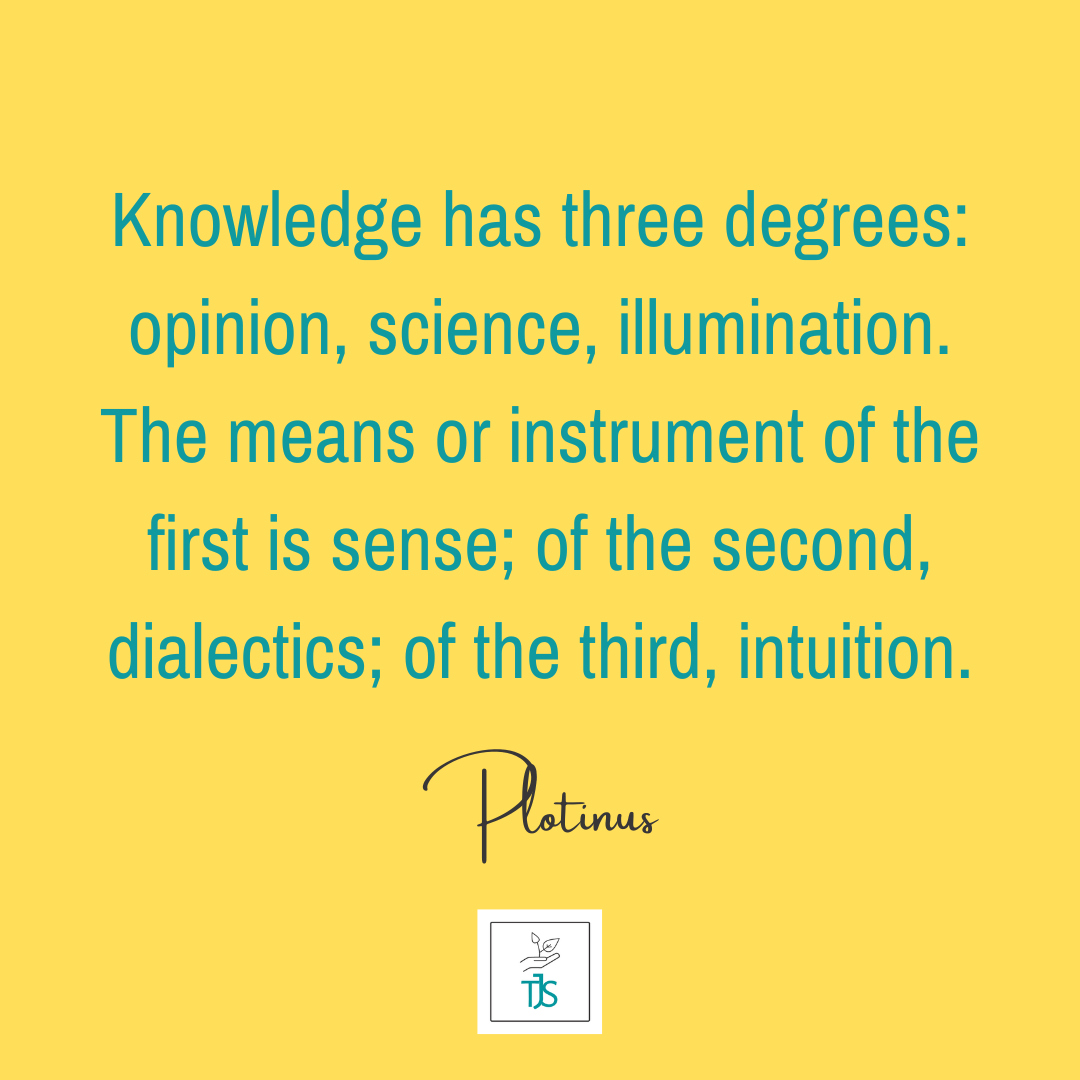Here is what you can gain from a program evaluation, whether your program is newly launched or several years old:
TJS offers program evaluations for a flat fee. Evaluations include:
Reach out to Katherine Russell at katherine@transformthework.com.
0 Comments
 I used to work in employment services helping formerly incarcerated individuals secure second chance opportunities and build their careers from scratch. A client came in one day distraught. My colleague and I had worked with her to shore up her resume as a head chef. After several years incarcerated, she wanted to return to the restaurant industry. We connected her with multiple interviews with second chance employers, and she was offered a head chef position with a great salary. However, when she presented this to her supervision officer, they told her she could not take the position, as it was in a restaurant where alcohol would be present. Her charge had nothing to do with alcohol use and she did not have a substance use history; in other words, there was no nexus between her charge and this decision by her supervision. It was punitiveness for the sake of punitiveness. This is what reform advocates witness often, and it is not unusual to absorb the grief or outrage alongside our clients. When we see a success story get snuffed out because of injustice, we ourselves may start to burn out. We either need a superb supervisor (which I luckily had at the time) or community who helps us stay motivated and positive, or we need to feel we have some power to overcome destructive systems. There were also day-to-day struggles in achieving program success. Many clients were healing from extensive trauma or were focused on staying sober, finding housing, and reuniting with their families. This often put meeting with me at the bottom of their priorities list. As a service provider, I had to understand how to meet them where they were at -- instead of lecturing them for missing an appointment as some service providers might do, I asked them what their barriers were to showing up and how I could help remove those barriers. The distinct difference with transformative justice is that practitioners aren't taking a paternalistic posture with clients as is often observed in carceral environments; rather, we act as partners in their life planning. This might be more demanding on your staff's time, but it's an empowering strategy. Not only does it acknowledge formerly incarcerated citizens as competent human beings, but also adopting this mentality can help prevent burnout. It allows clients to take responsibility for their own progress, and it gives program staff the agency to provide help in a way that it is actually needed. I want to share some additional tips on creating an environment at your organization where burnout is consciously addressed. But first, what causes burnout? Let's explore a couple theories. ADAM GRANT: "Givers don’t burn out when they devote too much time and energy to giving. They burn out when they’re working with people in need but are unable to help effectively." In other words, we are at risk for burnout when we don't see the fruits of our labor! But sometimes all we need is a slight shift in perspective. Yes, my client was distraught, and the team sympathized; however, within several months she had done a career pivot toward social work and counseling, which she said became a more stable and fulfilling option for her. SELIGMAN'S THEORY: Part of burnout relates to learned helplessness. In Seligman's theory, learned helplessness begins with a negative belief system made up of the 3 P's: Personalization, Pervasiveness, and Permanence.
Here are some tips on how you can prevent burnout on your team:
This work is consistently demanding, and for every win, you might see a new challenge arise. Stay positive. Keep at it. Be in community with each other. And don't abandon your passion for better justice. For organizational consultation, you can always reach out to Transformative Justice Solutions. We specialize in helping criminal justice organizations that are working in reform, advocacy, direct service, and alternatives to incarceration. Reach out to me at katherine [at] transformthework.com |
What we're aboutCheck back for posts on leadership, program development, and criminal justice. Archives
January 2024
Categories
All
|
Photo from shixart1985


 RSS Feed
RSS Feed